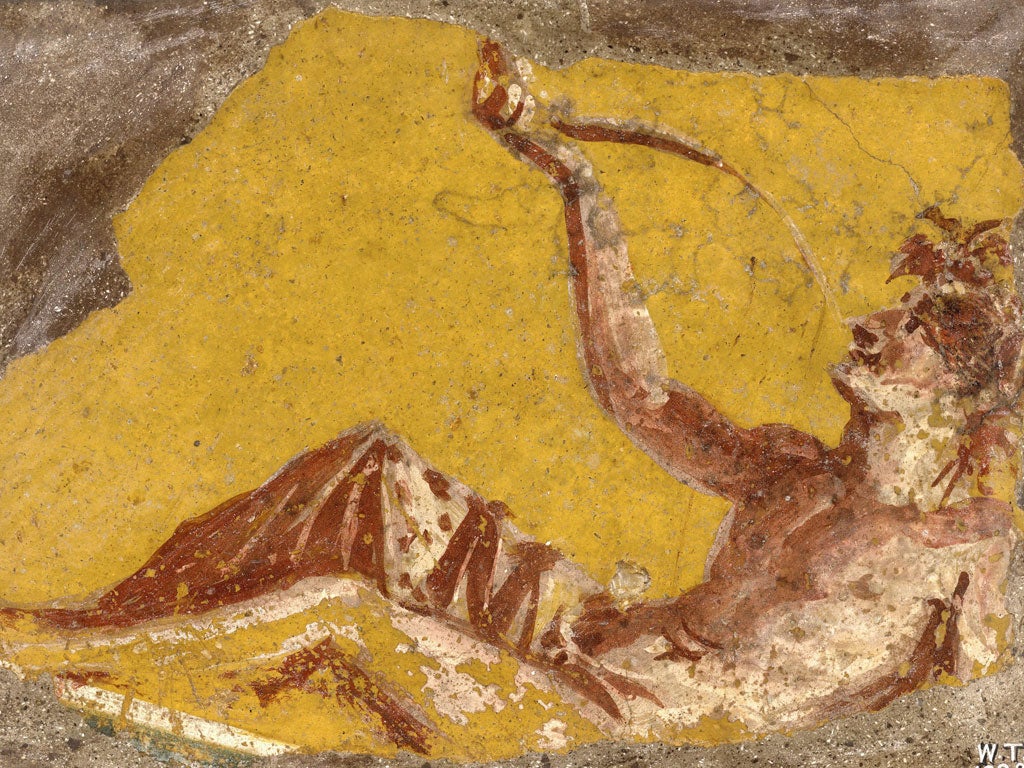
Your support helps us to tell the story
From reproductive rights to climate change to Big Tech, The Independent is on the ground when the story is developing. Whether it's investigating the financials of Elon Musk's pro-Trump PAC or producing our latest documentary, 'The A Word', which shines a light on the American women fighting for reproductive rights, we know how important it is to parse out the facts from the messaging.
At such a critical moment in US history, we need reporters on the ground. Your donation allows us to keep sending journalists to speak to both sides of the story.
The Independent is trusted by Americans across the entire political spectrum. And unlike many other quality news outlets, we choose not to lock Americans out of our reporting and analysis with paywalls. We believe quality journalism should be available to everyone, paid for by those who can afford it.
Your support makes all the difference.The British Museum will bring the daily life of ancient Romans to London next year with the UK's biggest exhibition about Pompeii and Herculaneum for almost four decades.
From next spring, it will display 250 treasures from the two cities destroyed by the catastrophic volcanic eruption of Mount Vesuvius in AD79.
Neil MacGregor, the museum's director, said it would present "some of the greatest objects" from the preserved sites, including a celebrated fresco of Flora, the Roman goddess of flowers and the season of spring.
"It is one of the most famous Roman paintings to have survived. Its loan is remarkable,"said Mr MacGregor.
He hopes the exhibition will offer "a new view of Pompeii", with insights into how ordinary people lived at about the time of the eruption. "It will enable the visitor to explore the cities and inside a Roman household. That brings us closer to the people," he added. "They are two provincial cities that have suddenly become immortalised … It is as if suddenly Brighton and Hove were all that are left of modern Britain. That is one of the fascinations: the random selection of two not particularly distinguished places have become the carrier of a whole civilisation."
Join our commenting forum
Join thought-provoking conversations, follow other Independent readers and see their replies
Comments